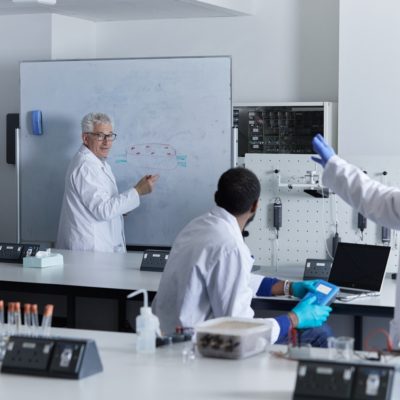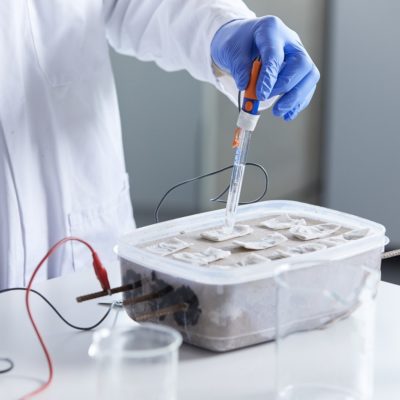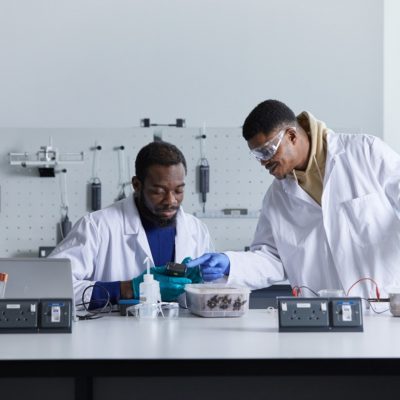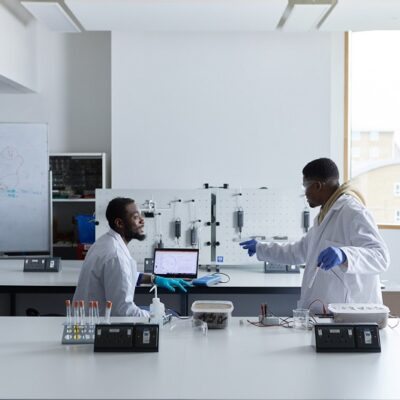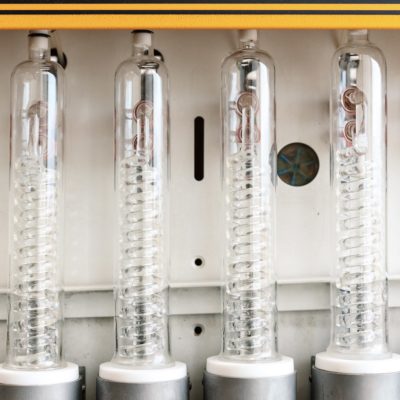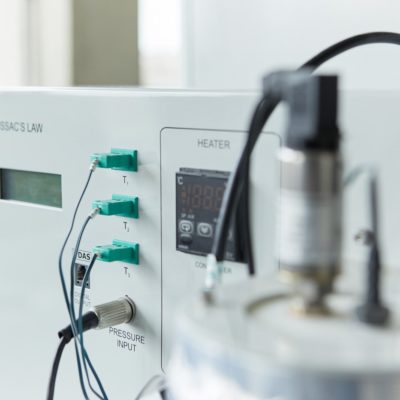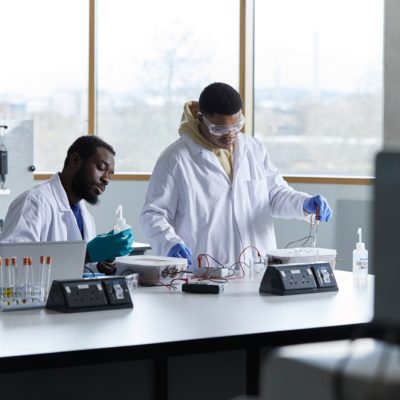
Advanced Design and Manufacturing MSc
This programme covers a broad range of topics such as advanced product design, digital & sustainable manufacturing, industry 4.0, modelling and simulation.
- PG
- MSc
Engineering is an evolving sector that needs engineers with a wide variety of knowledge and skills.
Our staff have significant industrial experience and use the latest learning and teaching technology. You will be immersed in the multidisciplinary field of engineering by working in our specialist engineering labs, using computer simulation tools, and a mechanical and embedded system design.
Our postgraduate and undergraduate programmes cover various areas of the engineering sector – including non-destructive testing, electrical, electromechanical and mechanical engineering and lift engineering.
Our range of Engineering courses, undergraduate and postgraduate, are as follows:
This programme covers a broad range of topics such as advanced product design, digital & sustainable manufacturing, industry 4.0, modelling and simulation.
Electronics and Computer Engineering BEng (Hons) degree equips students with the theoretical knowledge, practical skills and competencies required to enter a range of careers.
Our Engineering course will build on your previous studies at HND or FdSc level to give you the foundations and professional skills you need in modern engineering.
Our Engineering course will give you the foundations, key principles and professional skills you need in modern engineering and related industries.
If you are already working in the engineering sector, this course will develop your knowledge and skills relative to the fundamentals of engineering.
Our Engineering MPhil, PhD and PhD by Published Works programme offers an excellent route to expand your knowledge and research skills.
If you are already working in the lift engineering sector, this HNC course will develop your knowledge of the fundamentals of engineering.
If you are already working in the lift engineering sector, this HND course will develop your knowledge of the fundamentals of engineering.

